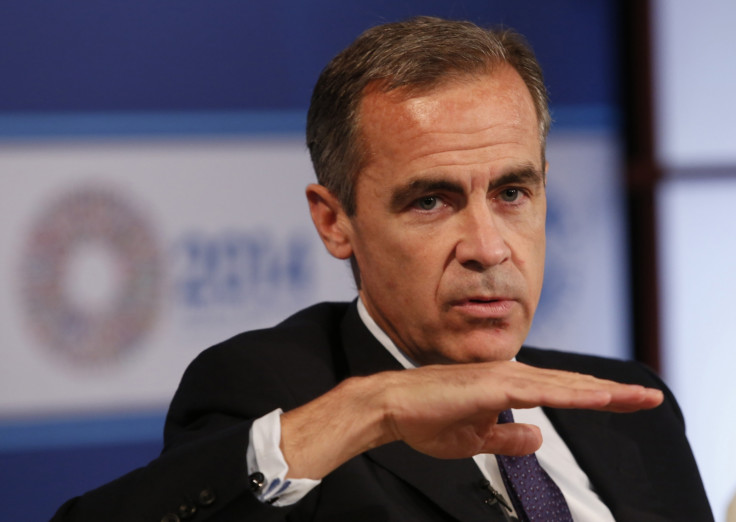UK unemployment numbers rise for first time in two years casting doubt on rate increase plans

UK unemployment figures have risen for the first time in two years, bringing into question Bank of England Governor Mark Carney's plans for an interest rate hike.
The unemployment rate for March to May 2015 now stands at 5.6%, equating to 1.85 million people out of work. This was 15,000 more than for the 3 months to February 2015, and the first quarterly unemployment increase since January to March 2013.
However, comparing March to May 2015 with the corresponding period in 2014, overall there were 265,000 more people in work. The employment rate of people aged 16 to 64 was 73.3% in March to May 2015. This is lower than the corresponding period in 2014, when it stood at 6.5%.
The figures come from the UK Labour Market report published on 15 July by the Office for National Statistics (ONS), which also revealed that in March to May 2015 there were 30.98 million people in work, a decline of 67,000 from the previous quarter (December 2014 to February 2015). This is the first decline recorded since February to April 2013.
However, these figures relate to economically active people looking for work. ONS figures reveal an increase of 104,000 economically inactive people in March to May 2015 compared to the corresponding period in 2014.
Approximately 9.02 million Britons of working age (between the ages of 16 and 64) are unemployed and either not looking for work, or are unavailable to work - therefore being categorised as economically inactive.
Bank of England interest rate hike
The softening employment numbers, some experts say, should delay an interest rate rise.
The numbers are tempering Bank of England Governor Mark Carney's statement made on Tuesday (14 July) that a rate rise is soon on the cards, say analysts.
"The point at which interest rates may begin to rise is moving closer," Carney told UK Parliament's Treasury Committee. Rates would rise, he said, because of "consistent growth above trend, a firming in domestic costs, counter-balanced by disinflation imported from abroad."
The latest UK labour market figures "will temper expectations of a near-term rate rise following yesterday's relatively hawkish comments. We don't think that the economic data are strong enough to push a majority towards one yet," said Vicky Redwood, Chief UK Economist at Capital Economics.
The changes in employment numbers "aren't too serious, especially given that surveys of employment intentions remain fairly strong. But this could be a further indication that the driver of economic growth is starting to shift from employment to productivity," said Redwood.
© Copyright IBTimes 2025. All rights reserved.






















